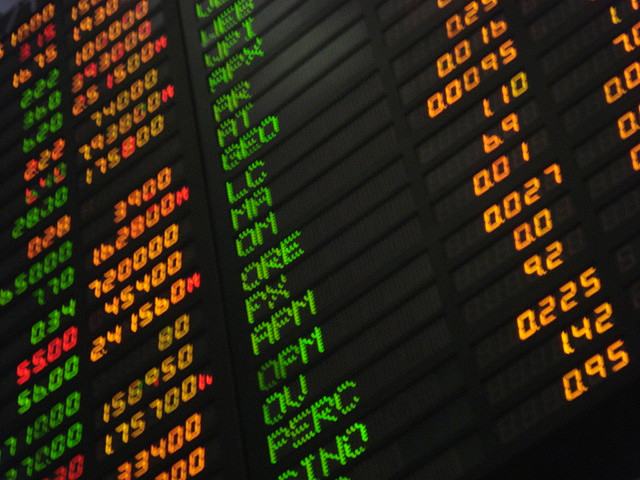There are many debates over whether speculation is a legitimate strategy in terms of investing or if it’s just another word of gambling. Although there might be similarities between the two, speculators argue that they use facts and statistics in making their speculations, making them different from gamblers. In this article, we’ll talk about speculation and the different things it brings on the table for investors.
Speculation Explained
Speculation is the act of conducting a financial transaction that has substantial risk of losing value but also holds the anticipation of a huge gain or other major value. For those who perform speculation, the risks of incurring huge losses is more than offset by the possibility of achieving a substantial gain or other compensation.
Without the prospect of substantial gains, there would be little motivation to engage in speculation. It may be hard to figure the difference between speculation and plain investment and this makes the market participant to consider whether speculation or investment depends on factors that measure the nature of the asset, expected duration of the holding period, and the leverage that is used to the exposure.
Speculation Workings
For an example, think about investing in real estate. It can blur the line between investment and speculation when purchasing a property with the view to rent it out. Even though this would qualify as investing, buying multiple condominiums with minimal down payments in order to resell them quickly at a profit would certainly be considered as speculation.
Speculators are quite important because they can provide market liquidity and narrow down the bid-ask spread, letting producers to hedge price risk effectively. Speculative short-selling may also make keep rampant bullishness in check and help stop the formation of price bubbles through going against successful outcomes.
Mutual funds and hedge funds usually engage in speculation in the foreign exchange markets, and also the stock and bond markets.
In the Forex Market
Forex markets have the world’s highest total volume and dollar value. It has an estimated $5-trillion per day average of trades between buyers and sellers. The forex market also trades around 24 hours per day while positions can be taken within seconds using high speed electronic trading platforms.
The transactions usually involve spot deals to buy and sell currency pairs for delivery through options or simple exchange. This market is filled with asset managers and hedge funds that have multi-million-dollar worth of portfolios.
Speculation in the forex market can be difficult to differentiate from usual hedging practices, which take place when a company or a financial institution buys or sells a currency to hedge against market movements.
In the Bond Market
The value of the global bond market is valued at more than $100 trillion. Around $40 trillion is based in the United States and these may include bonds issued by the governments and multinational corporations.
Asset prices may move up and down greatly and are strongly influenced by interest rate movement as well as political and economic uncertainties. The biggest single world market trades US Treasuries and they have prices that are driven by speculation.

